Near the end of the 2024 college football season, LSU receiver Kyren Lacy was a potential first-round pick in next week’s draft.
That all changed in mid-December on a road in Louisiana. Lacy was allegedly driving recklessly, speeding and passing in a no-passing zone that morning.
An oncoming car swerved to avoid hitting Lacy’s car.
That vehicle could not avoid a head-on collision with the car Lacy was passing.
Lacy did not stop or call 911. Herman Hall, a passenger in the car Lacy passed, died at the hospital from his injuries.
Lacy would declare for the draft two days later.
In January, he was officially charged for his role in the crash. He recently worked out at LSU’s Pro Day and all seemed as normal as it could be considering the circumstances.
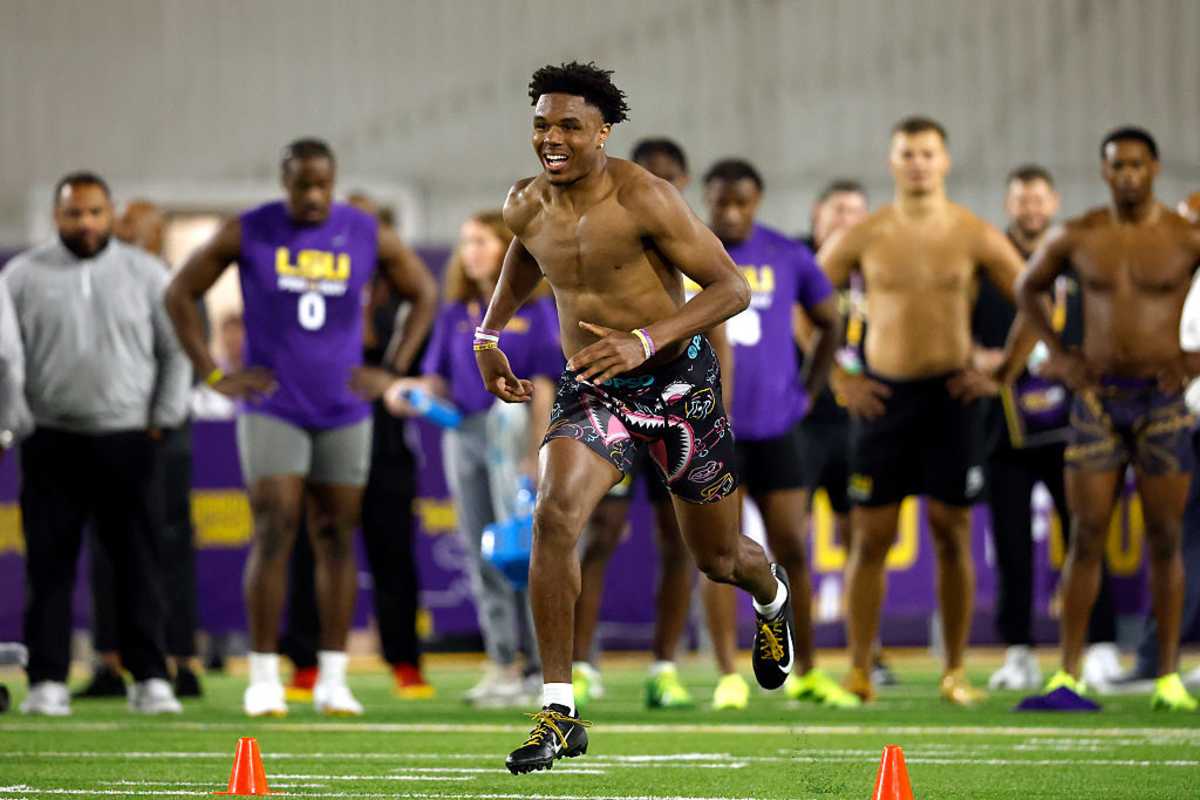
This past Saturday night, with an evidentiary hearing scheduled for Monday, an argument with a family member ended with Lacy firing a gun into the ground before fleeing in his car.
Police were called, and his car was discovered having apparently crashed. When they went to pull him out, they found him dead.
By his own hand.
It is a shame when any young person’s life unravels like this. More so when that life had so much promise.
Not A Lone Example
There have been many other recent examples of NFL players getting themselves into similar situations.
As recently as Rashee Rice, who crashed his car in an apparent street race in Dallas. Fortunately for Rice, no one was seriously injured.
The Eagles defensive lineman Jalen Carter was not so lucky while still a Georgia Bulldog.
Also, with his own NFL draft looming in 2023, Carter was racing a friend. That race ended with his friend crashing the car, killing him and his passenger.
While Carter did not cause the crash, he was still sentenced to probation for his role in the race.
Unlike Lacy, Carter managed to salvage his NFL career and won a Super Bowl with Philadelphia in February.
Still, it could have ended so much worse for Carter. Just like it did for both former Dallas Cowboys players, Josh Brent, Jerry Brown, and Dwayne Goodrich.
Two Cowboys’ Tragedies
Brent was the driver in a one-car accident in Irving back in late 2012. Brown was the passenger.
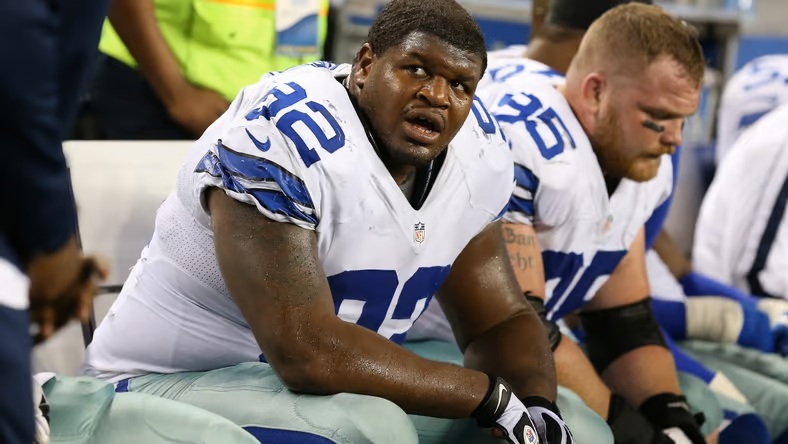
Brent was intoxicated.
Brown did not survive the crash.
Brent was found guilty of manslaughter and was suspended by the league. After his time was served and his suspension ended, he tried to come back in late 2014.
He played one game, at Chicago.
He never saw an NFL field in any team’s uniform again. He was last reported in the news back in 2019 for being intoxicated in public in a fast-food restaurant’s parking lot.
Goodrich’s story only makes Brent’s all the more maddening.
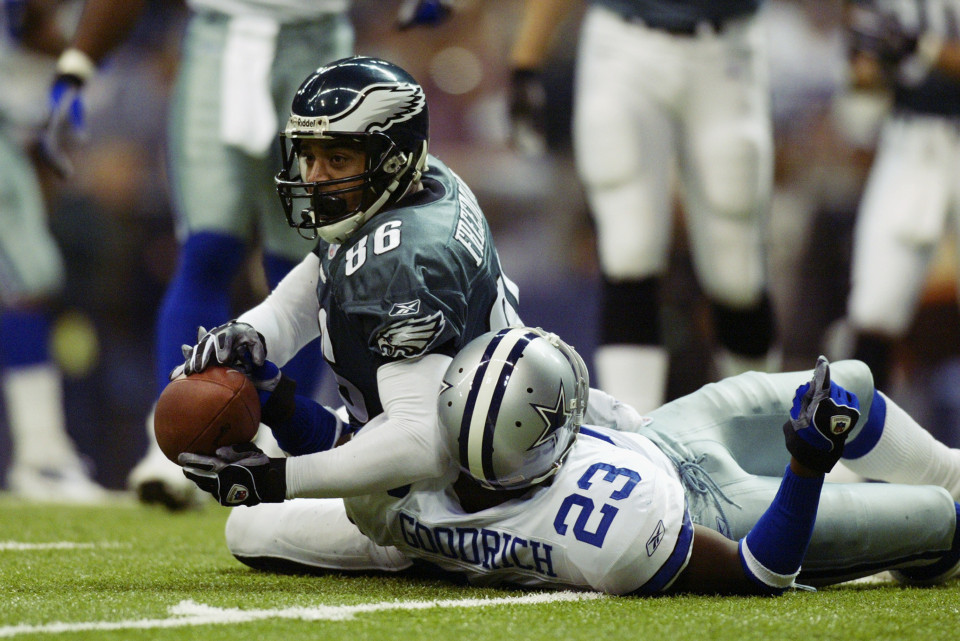
Goodrich had just been released from prison a year before Brent’s DUI crash and had been talking with Cowboys’ rookies about what had happened to him.
For Goodrich, his life also changed behind the wheel of a car. Driving at a high speed, he came upon an accident scene too quickly.
He tried to squeeze between the wreck and the concrete barrier at over 50 miles an hour.
The only problem was two men had stopped and were trying to free the trapped driver from the burning car.
Those two men died after Goodrich struck them, and he was sent to prison for over seven years, gaining parole in 2011.
Since his release, Goodrich has never tried to return to the NFL as a player. Instead, he started a foundation and spends his time speaking to young players about his life and how they can avoid making the mistake he did.
It’s an example one former NFL player can learn from as he approaches his own parole hearing next year.
Henry Ruggs III
The ultimate tragedy of the Henry Ruggs story isn’t one of an athlete who seemingly had it all and foolishly threw it all away.
No, the ultimate tragedy is that a young woman and her dog were driving to their home in Las Vegas one night when Ruggs slammed into them at over 150 miles an hour.
The impact propelled her car nearly the length of two football fields. Her car was immediately engulfed in flames, burning both occupants alive.
Ruggs was sentenced to up to 10 years in prison and will be eligible for parole in 2026.
He would be just 27 years old if he were paroled.
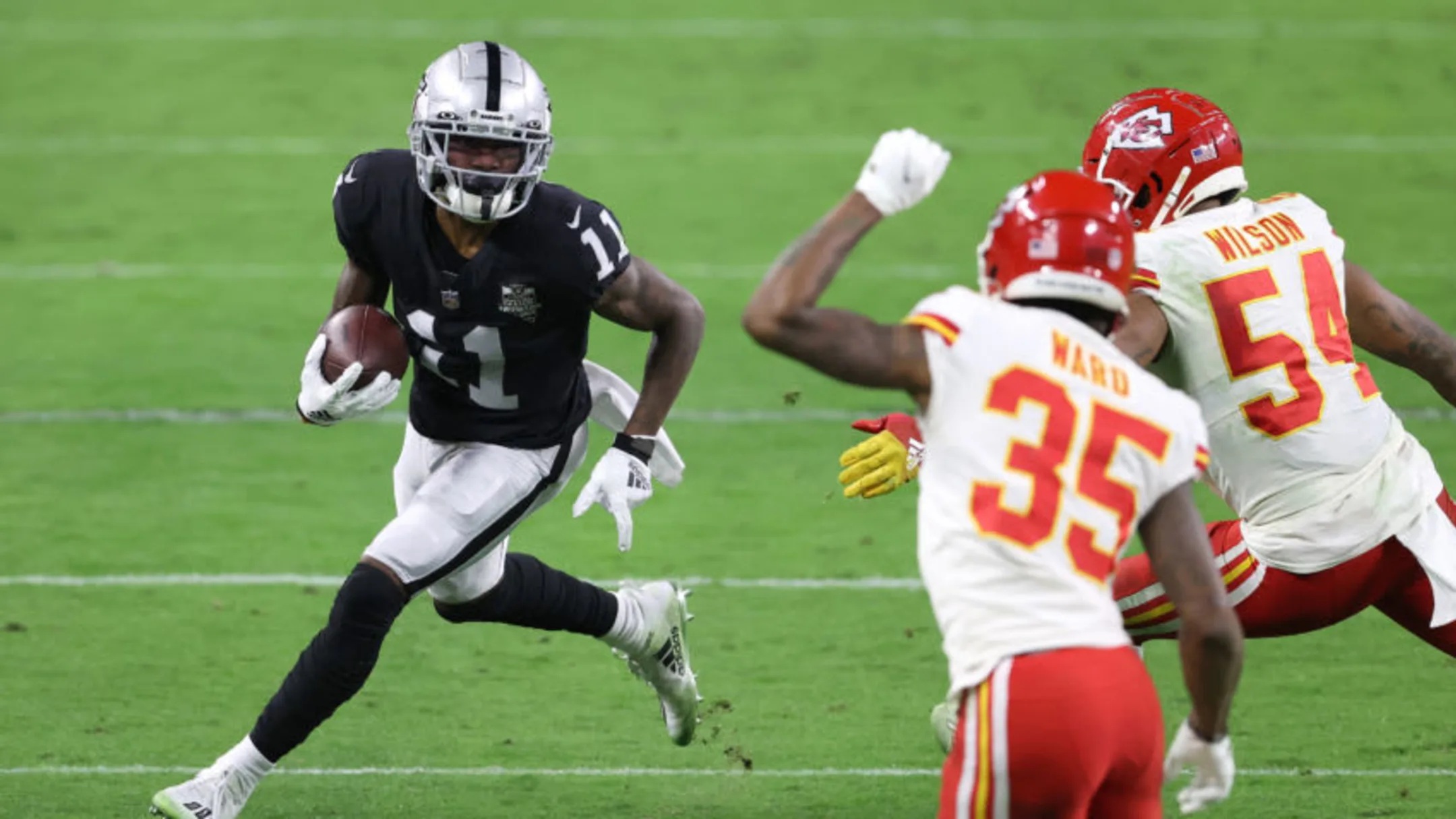
Ironically, just hours before Lacy’s death was reported, a debate had begun on Twitter/X regarding Ruggs and his possible return.
Yes, he is still young enough to play. Yes, he might still be fast enough to play.
But it seems highly unlikely that he will ever see an NFL game as a player again.
While some pointed to the reinstatement of Michael Vick, they neglect to factor in one important difference.
As horrific as what he did was, training dogs to fight and brutally killing the failures, that still pales in relation to killing another human being.
While Brent’s situation is more similar to Ruggs’, the league has changed greatly since then. It is less likely reinstatement would be granted.
Assuming any team would risk the public backlash such a signing would bring.
For Ruggs, the best path forward might be to follow in Goodrich’s footsteps.
The NFL would be well served to use both Goodrich and Ruggs as speakers to incoming rookies. Maybe it would help cut down on these tragedies.
But the NFL is not alone in needing to step up for its players off the field.
The NCAA has some work to do too.
The Curse Of NIL Money
Tennessee quarterback Nico Iamaleava had a stellar season in 2024 for the Volunteers, leading his team to the college football playoffs.
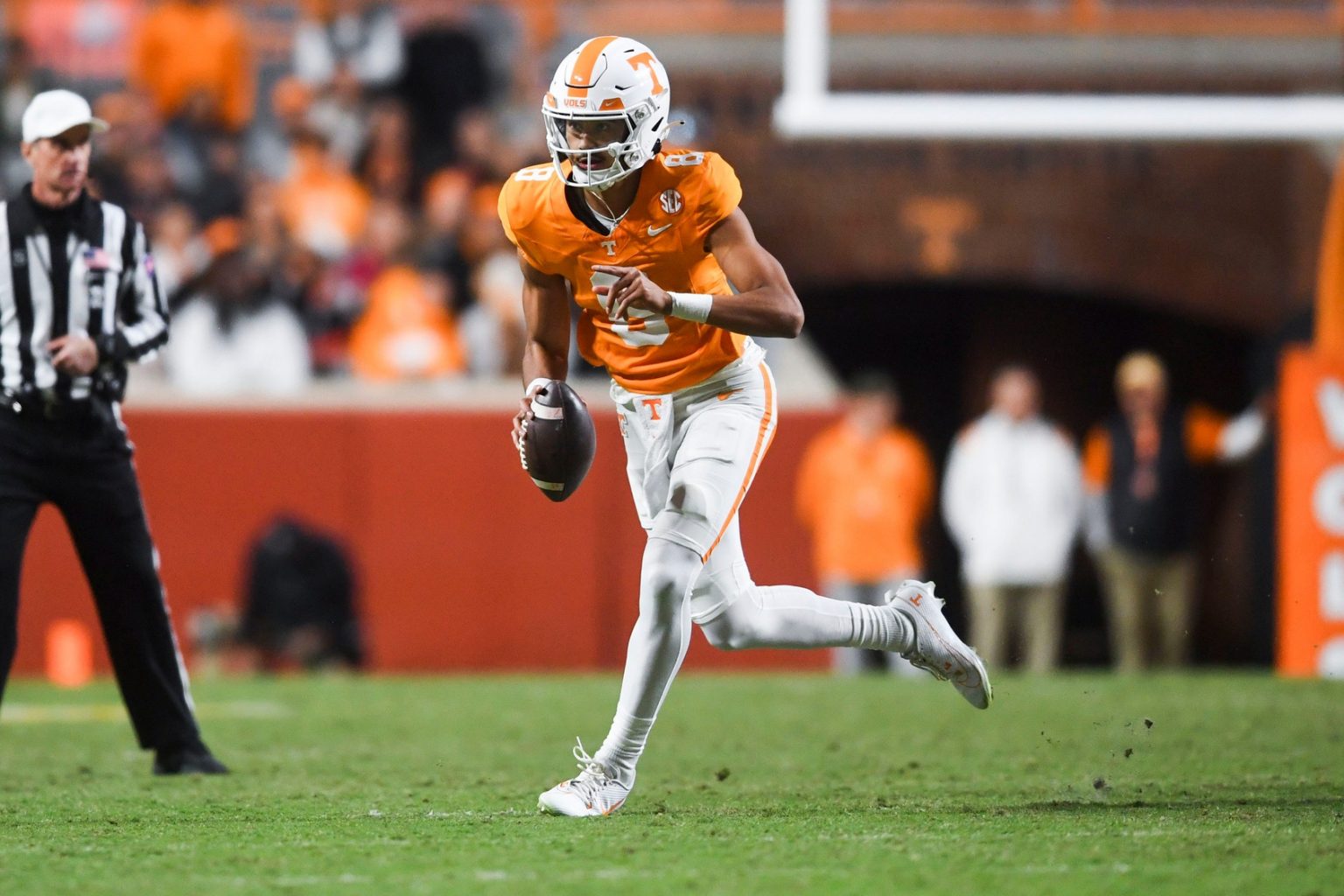
The future looked bright for both himself and the program. Until it didn’t.
Not happy with the paltry $2 million a year he received on top of a free college education, Iamaleava played hardball.
Tennessee said thanks, but no thanks and moved on.
Now, Iamaleava is looking for a new school. And it seems like not a whole lot of them are picking up the phone when he calls.
While Iamaleava has not lost his life, or cost someone theirs, his dream of pro football is certainly on life support. Reportedly, his father was behind the bid for more money.
Making it even worse, while still at Tennessee, Iamaleava’s camp started calling around looking for a deal if he would jump ship in the portal.
One coach apparently reached out to Tennessee to let them know what was going on. Good for him.
Time For Changes
When the decision was made to let all college student-athletes start making money off of being athletes, something like this was bound to happen.
While you might feel bad that a 20-year-old kid may have just blown up his college career and a huge NFL payday on bad advice, it might be a good thing in the long run.
The entire NIL system needs to be overhauled. The portal system also has to be worked over too.
It is impossible to ask for a return to the old system of “you’re getting a free education in exchange for playing a game”, so maybe certain caps need to be installed.
Maybe even make it harder to make these jumps, unless the coach that recruited you leaves, would help too?
It’s time the NCAA and the NFL started making more of an effort to educate these players about being responsible in life and with money. If it saves just one life, it would be worth it.